Movies can leave a lasting impact, captivating audiences and winning critical acclaim upon release. Yet, as time passess, some movies fade from their once-glorious spotlight. Changes in societal norms, revelations about the creators, or evolving preferences can reshape perceptions of cinematic masterpieces.
The Birth of Nation (1915)

“The Birth of the Nation,” directed by D.W. Griffith was initially celebrated for its groundbreaking cinematic techniques and narrative achievements. The movie was even screened in the White House. However, its portrayal of African Americans and glorification of the Ku Klux Klan have led to its vehement rejection by modern audiences. The movie’s racist content has eclipsed its technical innovations. It has transformed the revered classic to a widely condemned relic.
Gone with the Wind (1939)
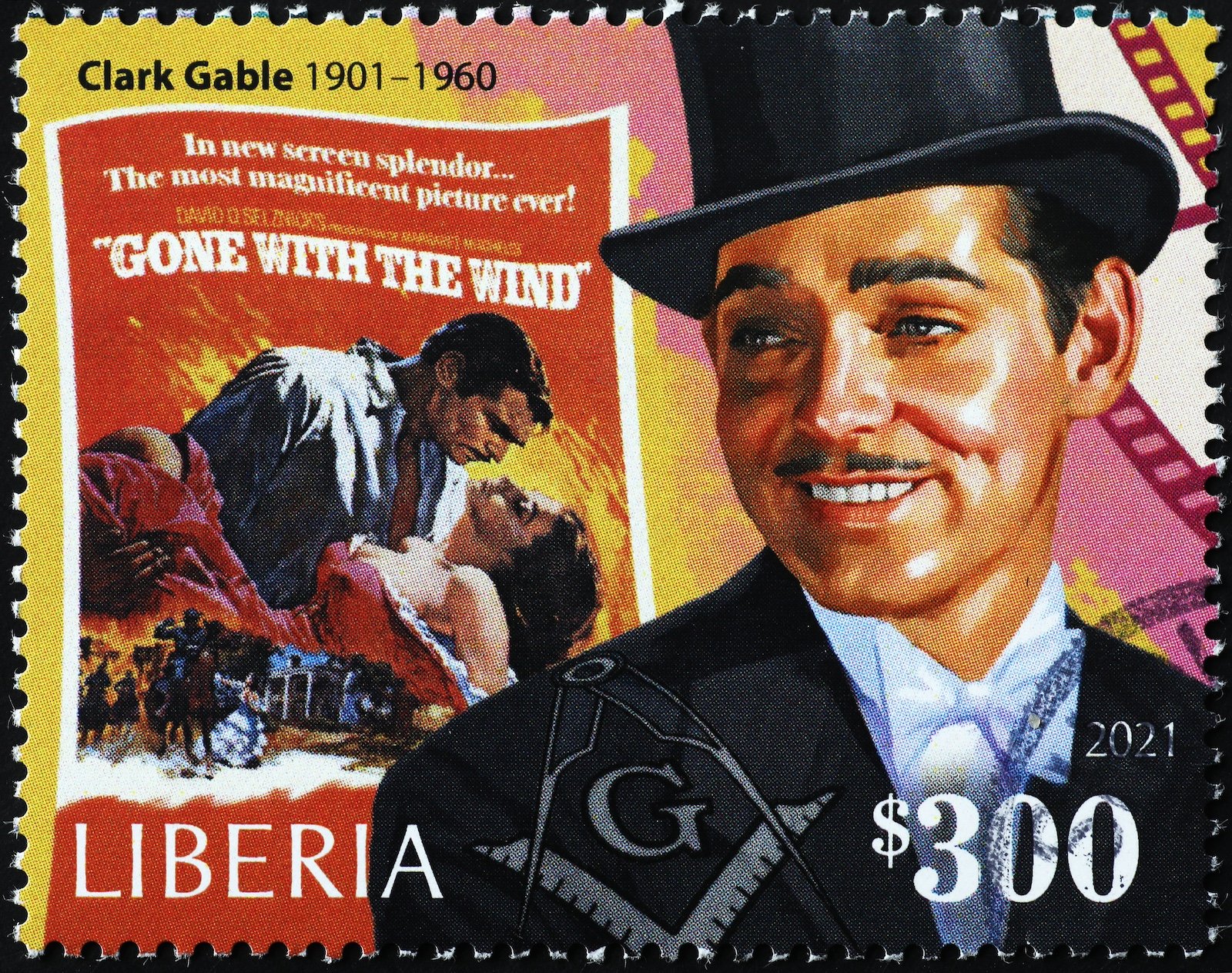
“Gone with the Wind” continues to be one of the highest earning movies. It is recognized for its grand narratives and impressive production. However, its romanticized depiction of slavery and the Civil War era has garnered increased criticism. Many now view it as a problematic movie rather than a timeless epic. This reflects the changing perspectives on historical representation.
Casablanca (1942)

Though now synonymous with romance and intrigue, “Casablanca” faced mixed reviews upon release. Critics found the love story wooden and filled with cliches. Despite this, this movie has endured and captivated audiences with its memorable and nostalgic charm.
Star Wars (1977)
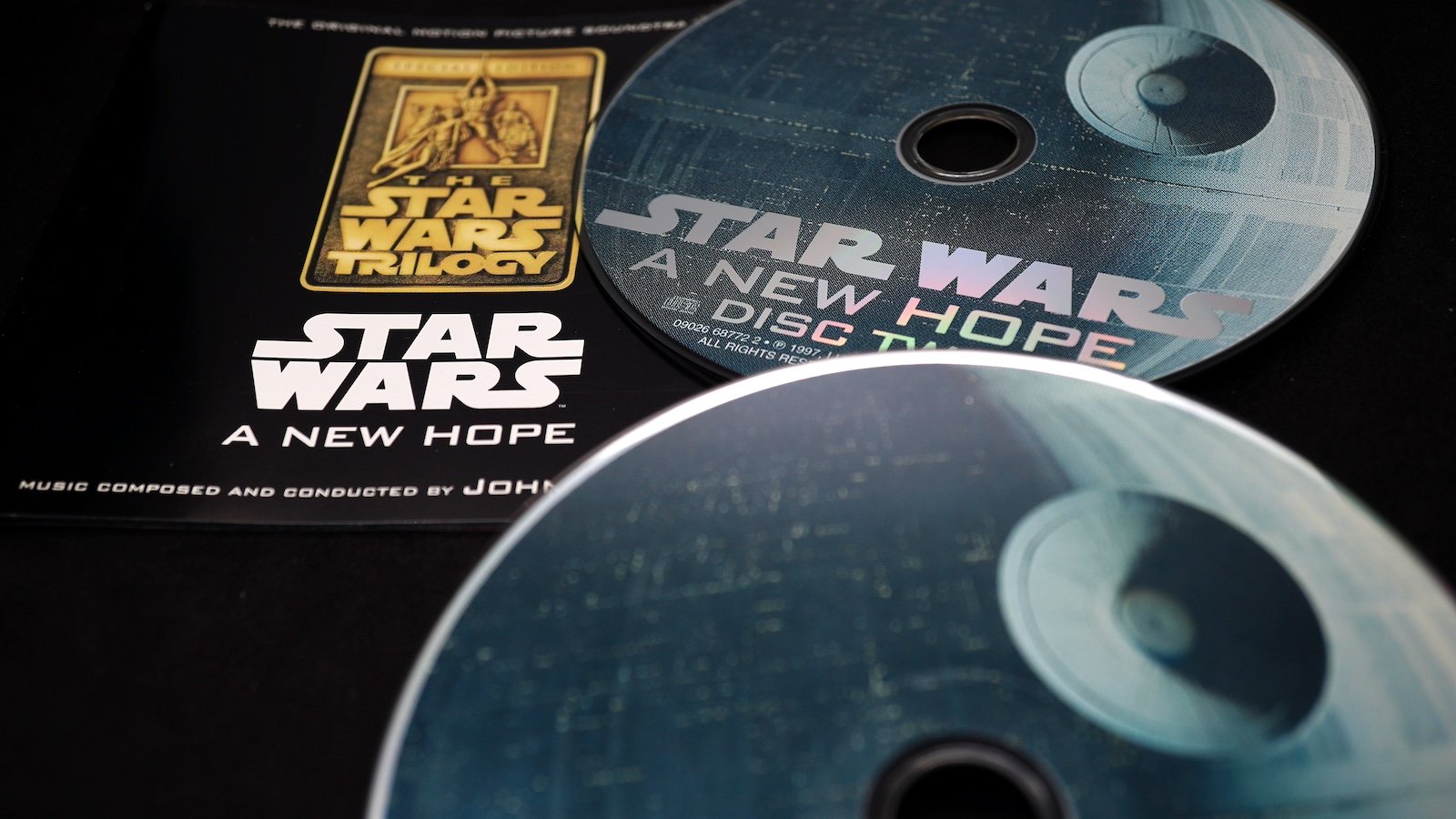
“Star Wars” achieved unprecedented success and established a devoted fanbase. However, the movie was perceived with mixed response when it was initially released. Some reviews criticized its assembly of spare parts and lack of emotional depth. Nevertheless, the movie’s cultural impact has persisted. It has solidified its status as a cinematic phenomenon.
Beaches (1998)

Although “Beaches” touched audiences with its heartfelt portrayal of friendship, critics found it lacking compared to its source material. Despite this, the movie resonated with viewers. It fostered a sense of connection and emotion through its powerful storytelling and iconic soundtrack.
Forrest Gump (1994)
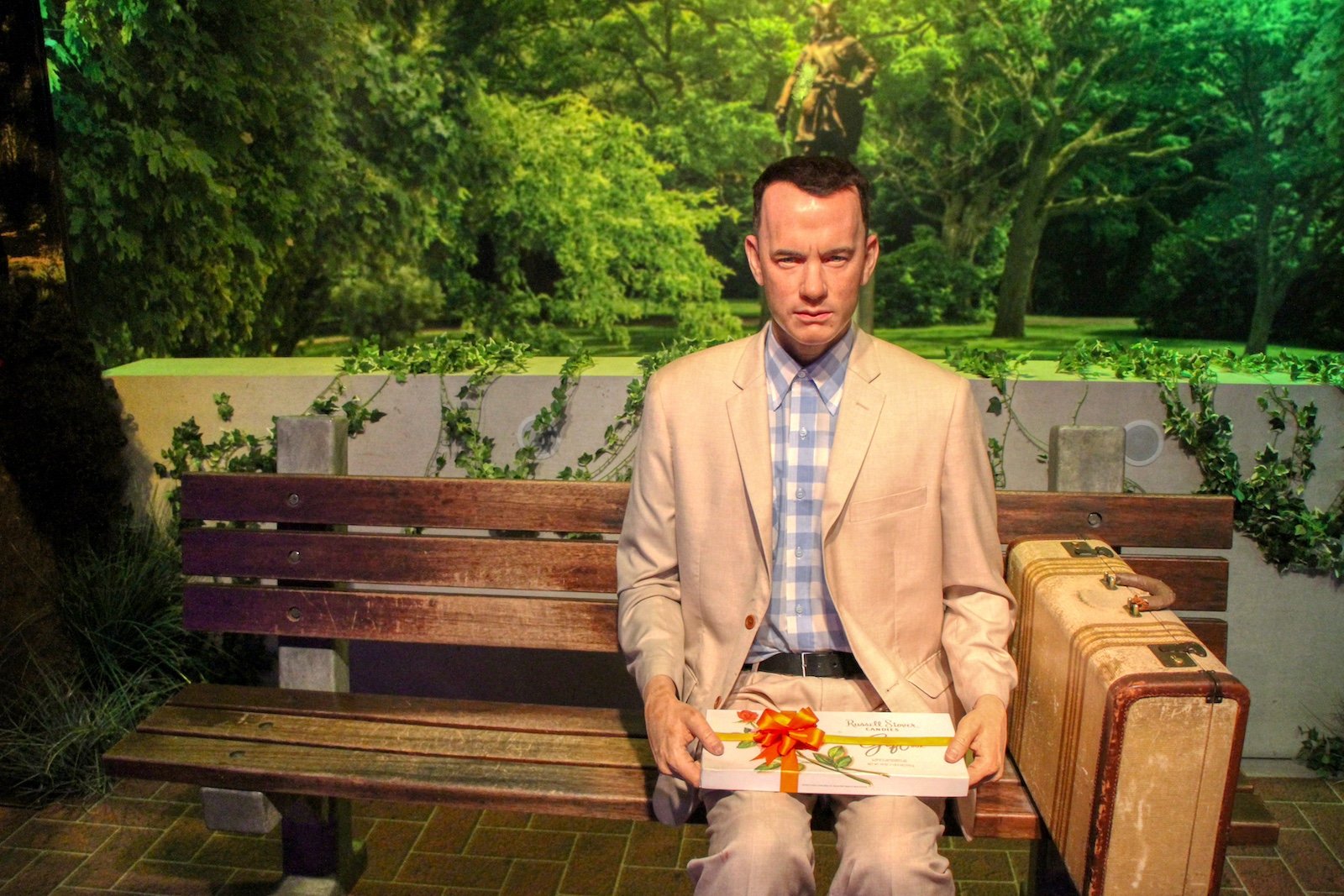
Despite its popularity among audiences, “Forrest Gump” faced criticism for its perceived shallowness and monotonous storytelling. While some dismissed it as glib and superficial, others embraced its heartwarming narrative and memorable moments.
Clueless (1995)

“Clueless” received mixed reviews upon its release. However, its portrayal of teenagedom resonates with audiences. Critics questioned its substance and pacing. But the movie’s witty humor and relatable characters have since cemented its status as a cult classic.
Bad Boys (1995)
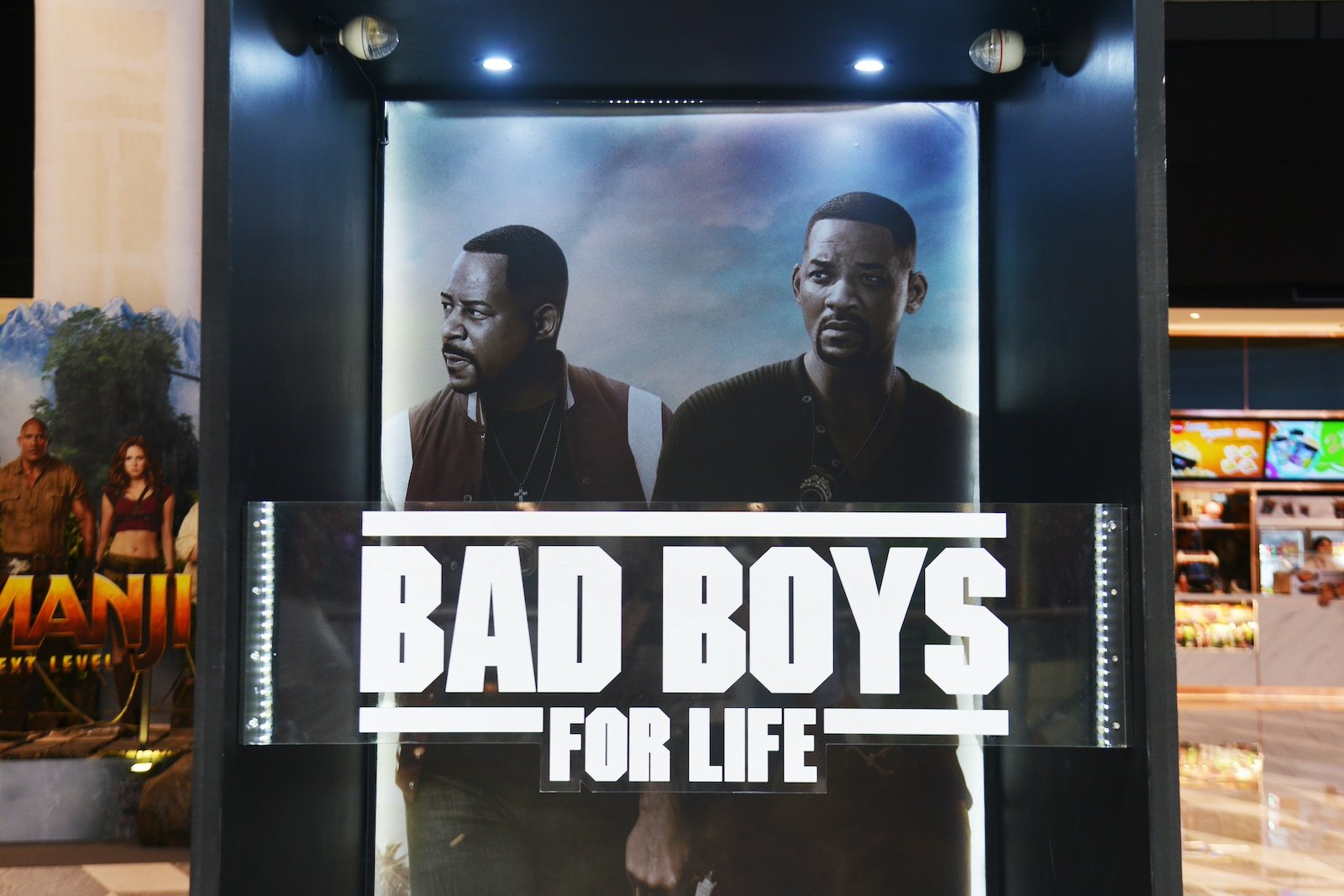
“Bad Boys” became a commercial success and garnered a devoted fanbase. But it also received criticism from reviewers because of its derivative plot and senseless action sequences. While some dismissed it as slick and superficial, others appreciated the humor and chemistry between the lead actors.
The English Patient (1996)

Initially lauded for its cinematography and storytelling, “The English Patient” has since faced criticism for its slow facing and perceived pretentiousness. Despite its initial acclaim, changing attitudes towards its themes have led to a reassessment of the movie’s significance. Although the movie captivated audiences, its reception has become more nuanced over time.
Titanic (1997)
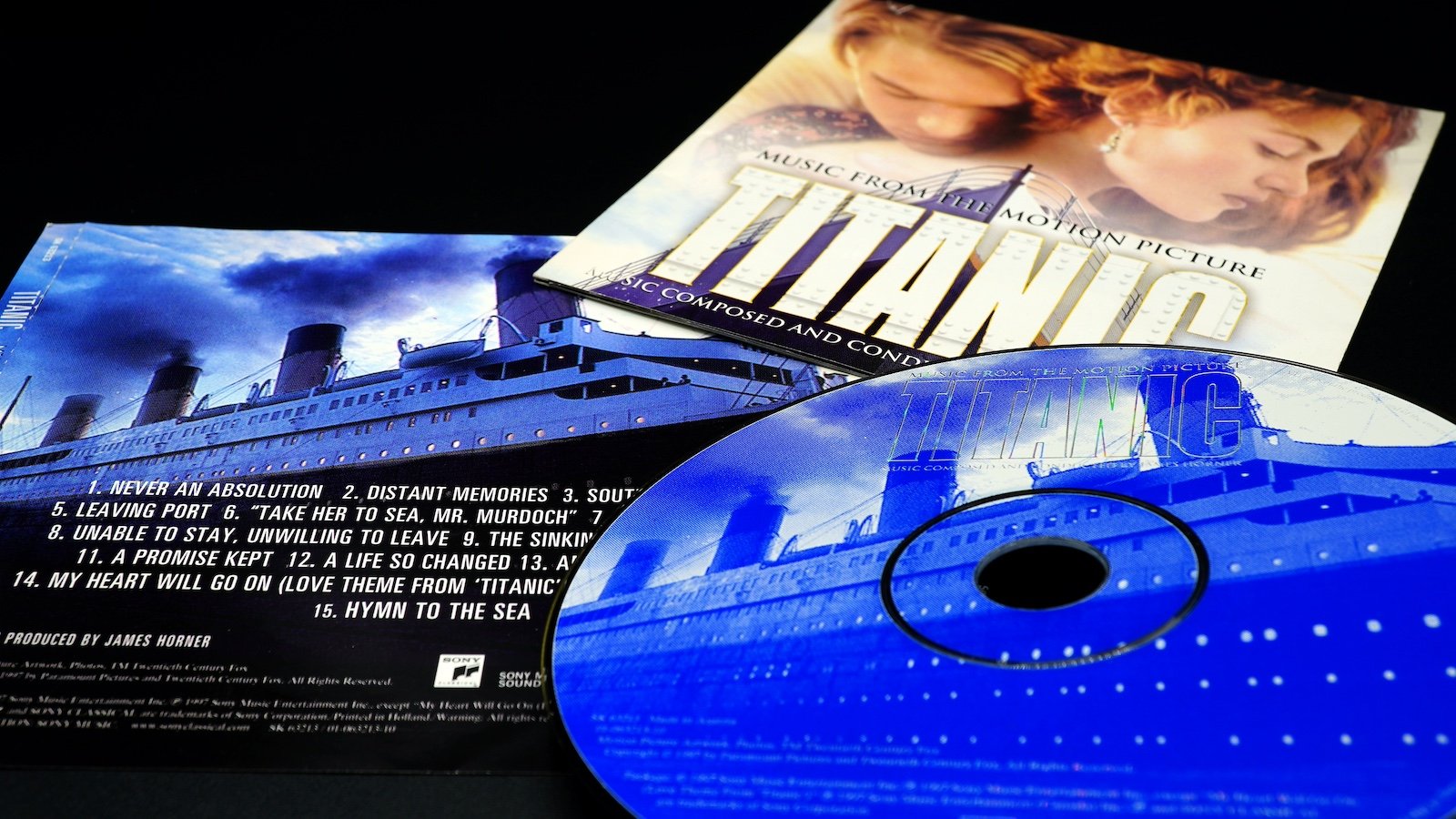
While “Titanic” attracted audiences worldwide and received numerous accolades. However, critics questioned its length and narrative depths. Despite this, the movie’s enduring popularity and cultural impact have solidified its status as a beloved classic. Its portrayal of the ill-fated romance between Jack and Rose continues to resonate with audiences, ensuring its place in cinematic history.
American Beauty (1999)

“American Beauty” was initially praised for its critique of suburban life and compelling performances. However, it faced reassessment in light of allegations against one of its lead actors and changing social attitudes. What was once hailed as a sharp critique of American society, now faces scrutiny for its perceived pretentiousness and outdated themes.
A Beautiful Mind (2001)

“A Beautiful Mind” was initially hailed for its portrayal of Nobel Laureate John Nash’s struggle with mental health. The movie received the Best Picture award along with three more Academy Awards. However, criticism has emerged regarding its historical inaccuracies and romanticized depictions of schizophrenia. These factors have led to a reconsideration of the movie’s impact. This has led to a more reserved reception over time.
Chicago (2002)

“Chicago” revitalized the music genre with its dynamic performances and catchy music. The movie achieved the Best Picture award from the Academy Awards. While initially praised for its style and energy, some now argue that it lacks the depth expected of a Best Picture winner. Critics note that its emphasis on style over substance has diminished its standing where the audience wants more substantial storytelling.
Lost in Translation (2003)

Despite initial acclaim, “Lost in Translation” has faced criticism for its portrayal of cultural stereotypes. Some viewers find its representation of Japan and its people insensitive and zenophobic. While opinions on the movie vary, its contentious depiction of cultural differences has contributed to a divided response among audiences.
Crash (2004)
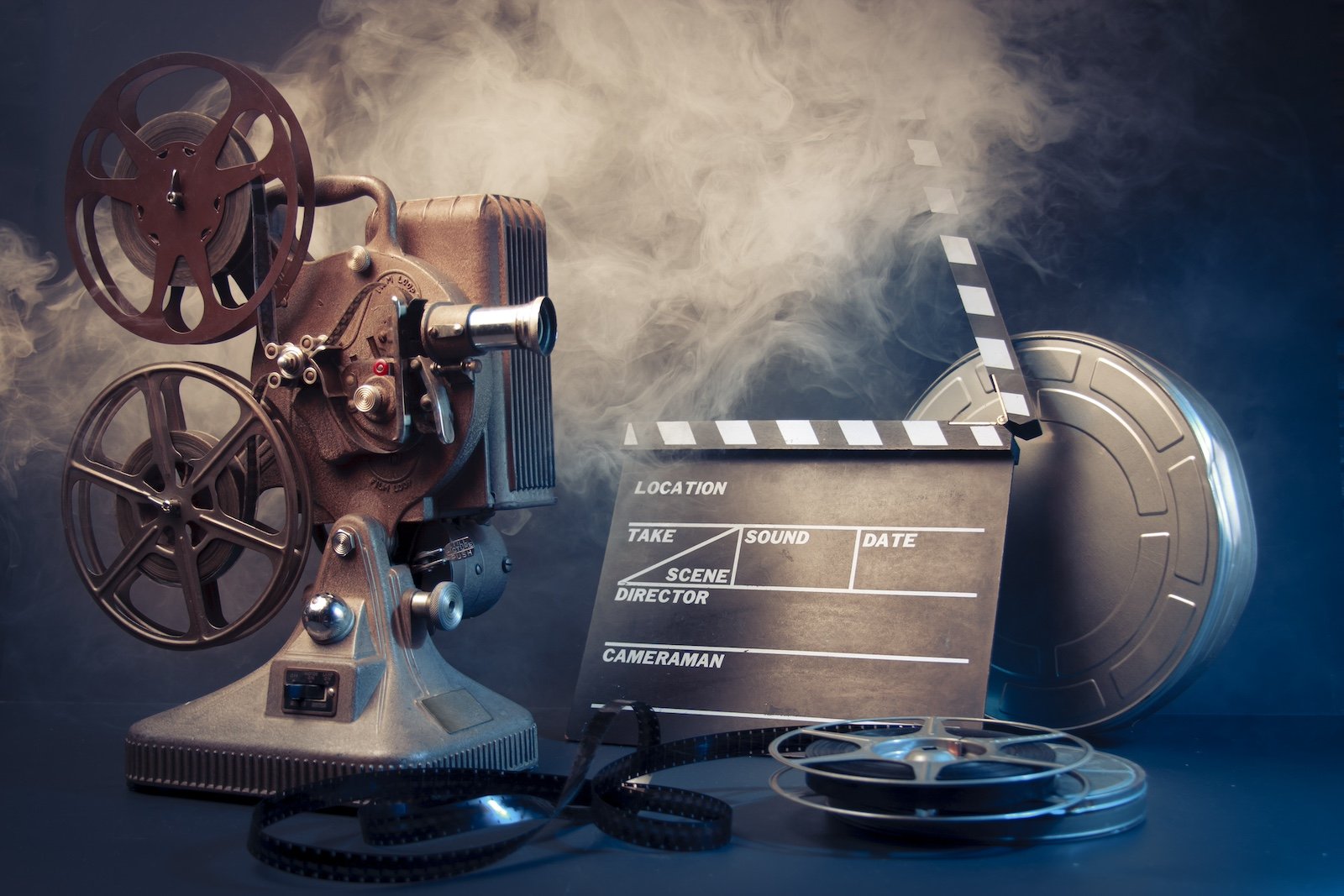
“Crash” was once celebrated because of its exploration of racial tension in Los Angeles. Since then, the movie has been reevaluated for its simplistic portrayal of complex issues. Critics argue that its approach lacks nuance, with its attempts to address racism appearing deliberate. This reassessment has led to changed responses over time. Many viewers now question the movie’s effectiveness in addressing important social themes.
The Artist (2011)

Initially praised for its homage to the silent movie era, “The Artist” won hearts with its novelty and nostalgic charm. However, as time passed, criticisms have emerged regarding its lack of depth and substance. Some now view the movie as style over substance. They question its lasting impact and artistic merit in the realm of modern cinema.
Green Book (2018)

“Green Book” received appreciation for its heartwarming narrative and portal of racial issues. However, this move received backlash for its oversimplified depiction of race relations. Critics argue that its white savior narratives undermine its attempts to address social issues. This led to the diminished reputation of the movie. Many viewers now see it as problematic in its handling of racial themes.
Argo (2012)

“Argo” garnered acclaim for its suspenseful retelling of a CIA operation during the Iran hostage crisis. This earned the movie several Academy Awards, including the Best Picture award. However, criticisms have arisen regarding its historical accuracy and simplified portrayal of complex events. Viewers reevaluated the movie’s value as a historical drama, questioning its fidelity to real events.


